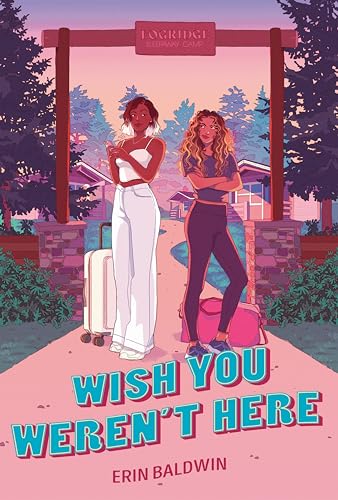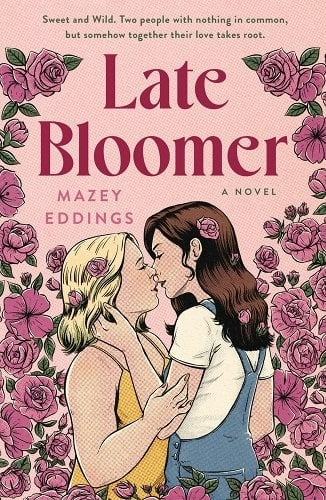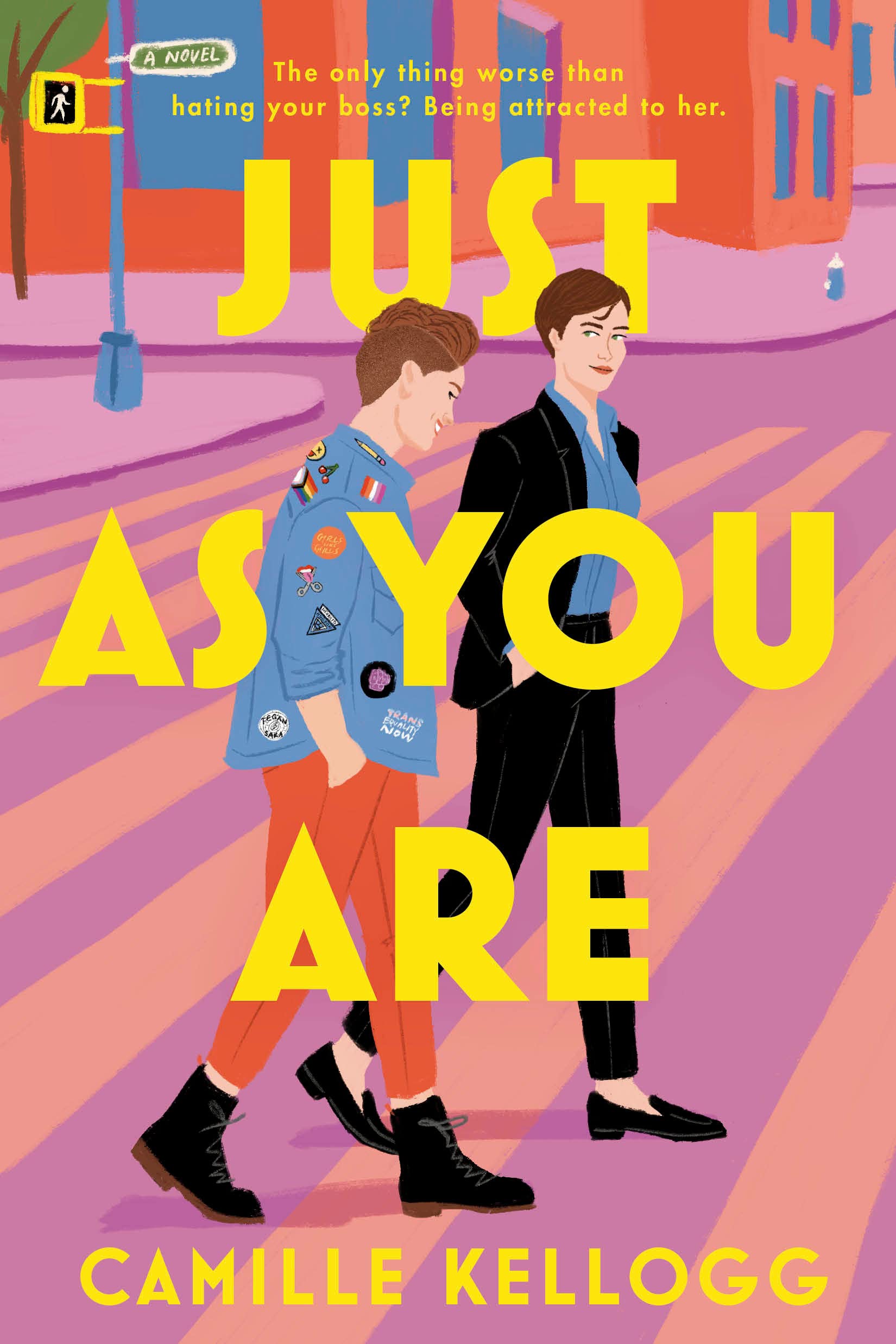Buy this from Bookshop.org to support local bookstores and the Lesbrary! Priya Freaking Pendley seems to have everything a girl could ask for: social media stardom, the handsome track captain boyfriend, and millions of adoring fans. Juliette might have to live with that during the school year, but at Fogridge Sleepaway Camp, Juliette reigns. It’sRead More
A Blossoming, Neurodiverse Love: Late Bloomer by Mazey Eddings
Buy this from Bookshop.org to support local bookstores and the Lesbrary! After winning the lottery, Opal Devlin puts all her money in a failing flower farm, only to find an angry (albeit gorgeous) Pepper Boden already living there. Though she’s unable to find her grandmother’s will, Pepper claims she’s the rightful owner of Thistle andRead More
Medieval Queer Chaos: Gwen & Art Are Not in Love by Lex Croucher
Buy this from Bookshop.org to support local bookstores and the Lesbrary! Gwendoline and Arthur have been betrothed to one another since birth. Too bad they absolutely hate each other. When forced to spend a summer in Camelot together, Gwen and Arthur discover tantalizing secrets about one another: Gwen witnesses Arthur kissing a boy, while ArthurRead More
A Workplace Romance at a Lesbian Magazine: Just As You Are by Camille Kellogg
Bookshop.org Affiliate Link In Camille Kellogg’s debut romance, Just As You Are, a workplace clash turns into a workplace crush. Nether Fields, a long-running queer women’s online magazine, is on the verge of shutting down as Liz and her Nether Fields coworkers gather to mourn its passing. But when two wealthy lesbians swoop in to save the publication,Read More


